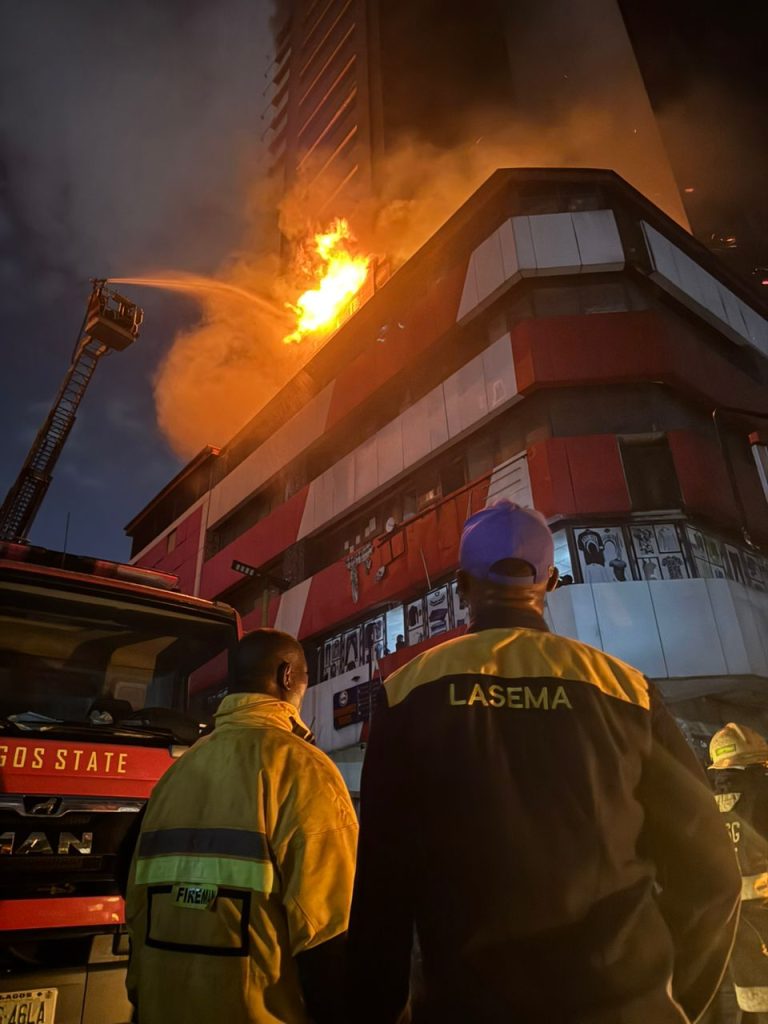
UK and Germany Accuse Russia of Threatening Their Satellites
The United Kingdom and Germany have accused Russia of threatening and interfering with Western satellites, warning that Moscow’s increasingly aggressive space activities pose a growing danger to global security. German Defence Minister Boris Pistorius and senior British defence officials have sounded the alarm over reports of Russian and Chinese satellites “stalking” or “jamming” Western assets in orbit — critical systems used for military communications, navigation, and broadband internet. “Russia’s actions, especially in space, pose a fundamental threat to us all — a threat we can no longer ignore,” Pistorius said during the BDI Space Congress in Berlin. According to Germany’s Defence Ministry, Russian reconnaissance satellites were recently detected tracking two IntelSat spacecraft used by the German Armed Forces and allied militaries. IntelSat operates a fleet of commercial satellites providing communications for governments and private companies across Europe and the United States. Pistorius announced a multibillion-euro boost for Germany’s space defence program, citing the growing capacity of both Russia and China to jam, blind, or destroy satellites. The UK’s Space Command raised similar concerns. Major General Paul Tedman told the BBC that Russian satellites have been “stalking and jamming British assets on a weekly basis,” adding that Moscow has developed advanced electronic warfare systems capable of disrupting orbital communications from the ground. Meanwhile, NATO Secretary General Mark Rutte reiterated warnings that Russia may be developing nuclear weapons for space deployment — devices capable of disabling or destroying multiple satellites. Moscow has denied the accusation but vetoed a 2024 UN resolution aimed at banning space-based nuclear arms. China abstained from the vote. How Russia’s Space Threat Works Experts say Russian satellites can approach and shadow Western spacecraft, potentially to intercept data or conduct reconnaissance. These satellites often linger near commercial or military communication systems — a pattern that signals espionage. According to Clayton Swope, deputy director of the Aerospace Security Project at the Center for Strategic and International Studies (CSIS), Russian satellites have previously tested projectiles in orbit, suggesting the capability to physically target other satellites. “It’s very hard to distinguish between a satellite designed for intelligence collection and one capable of attack,” Swope explained. “Sometimes you’re guessing both the intent and capability of the operator.” A Longstanding Concern The US and France first raised concerns about Russian space espionage over a decade ago. In 2015, a Russian military satellite positioned itself close to two IntelSat spacecraft, prompting Washington to demand explanations. Similar incidents occurred in 2017 when Russian satellites approached Franco-Italian intelligence satellites. Analysts say the current tensions must be viewed in the wider context of Russia’s war in Ukraine and its growing strategic alignment with China, including alleged Chinese satellite reconnaissance over Ukrainian territory. China’s Expanding Space Power Experts warn that China’s growing sophistication in space technology presents an equal — if not greater — threat. Chinese satellites have reportedly conducted high-speed, high-precision maneuvers near Western assets and tested spacecraft equipped with robotic arms capable of repositioning others in orbit. “China is the much bigger space power,” said Juliana Suess of the German Institute for International and Security Affairs. “They have far more funding and ambition in space compared to Russia, whose resources are stretched thin.” Europe’s Response Germany has pledged up to €35 billion ($40 billion) over five years to strengthen its space defence infrastructure. The UK has also increased military spending and begun testing laser threat detection systems for satellite protection. However, a recent Chatham House analysis warned that Britain and Europe may still be underprepared for the scale and urgency of space threats. France has called for “bodyguard satellites” — orbital systems designed to defend other satellites — while NATO has formally designated space as an operational domain since 2019. Despite Western efforts, experts say Russia remains less integrated and technologically advanced in space warfare than the United States or China. Still, the threat of interference, espionage, or direct attacks in orbit underscores the growing militarization of space.

